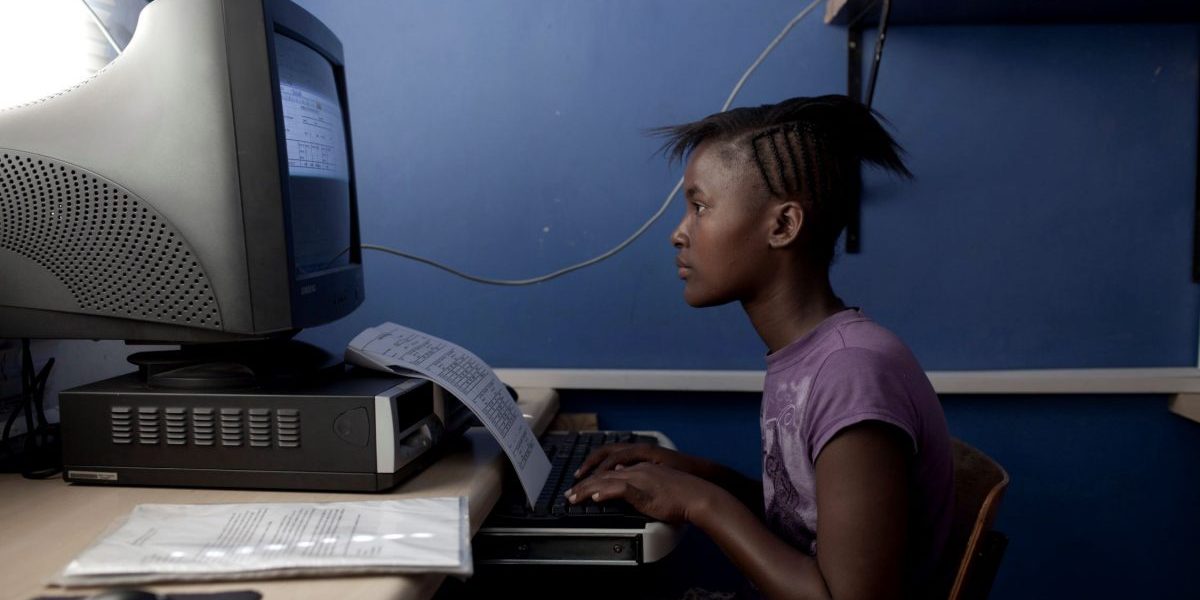Summary:
- A country has a digital divide when its population is split into the data rich and the data poor, ie, those who have access to the internet and those who do not and are therefore unable to leverage the power of the digital economy.
- Women and the youth, particularly in rural and poor areas, are the most vulnerable to digital exclusion in Africa.
- There are many compelling reasons why African governments and other key stakeholders need to address the digital divide in their countries. Failure to do so will lead to these countries falling further and further behind their developing country peers in other parts of the world, with severe consequences for trade and investment performance and social stability.
- Education and training (including upskilling) should be at the core of governments’ attempts to close the digital divide in their countries, with digitalisation integrated into primary, secondary and tertiary curricula.
- Other ways in which governments can spur digital inclusion are creating a business- and investment friendly policy and regulatory environment, building the necessary hard and soft infrastructure, using digital technologies to enhance their own service delivery, and forging public–private partnerships to optimise resources and share expertise.
- The African Continental Free Trade Area (AfCFTA) constitutes an important vehicle through which member states can formulate and harmonise their digital policies and rules and cooperate to expand trade on the continent.








